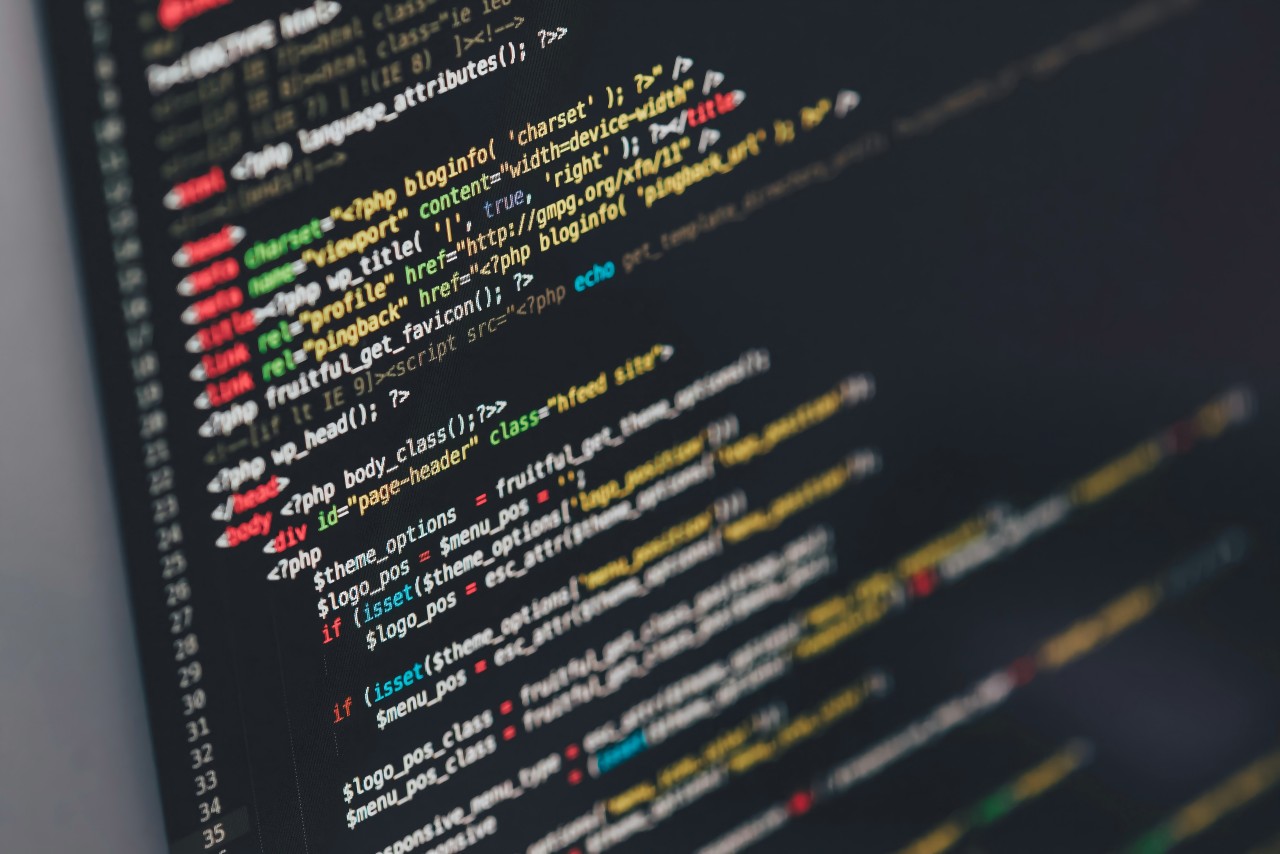cosmosdb 的计时器触发器无法正常工作

问题内容
我对我的函数应用“timertrigger”有疑问。
我开发了此功能来与 telegram 机器人进行通信,以便在 api 请求后发送消息。
我在本地尝试过该功能应用程序,效果很好。但是,当我尝试使用 cosmosdb 存储信息时,遇到问题并且无法保存信息。
我已经设置了将我的应用程序与 telegram 和 cosmosdb 连接所需的所有变量和内容
try:
database_obj = client.get_database_client(database_name)
await database_obj.read()
return database_obj
except exceptions.cosmosresourcenotfounderror:
print("creating database")
return await client.create_database(database_name)
#
# create a container
# using a good partition key improves the performance of database operations.
#
async def get_or_create_container(database_obj, container_name):
try:
todo_items_container = database_obj.get_container_client(container_name)
await todo_items_container.read()
return todo_items_container
except exceptions.cosmosresourcenotfounderror:
print("creating container with lastname as partition key")
return await database_obj.create_container(
id=container_name,
partition_key=partitionkey(path="/lastname"),
offer_throughput=400)
except exceptions.cosmoshttpresponseerror:
raise
#
async def populate_container_items(container_obj, items_to_create):
# add items to the container
family_items_to_create = items_to_create
#
for family_item in family_items_to_create:
inserted_item = await container_obj.create_item(body=family_item)
print("inserted item for %s family. item id: %s" %(inserted_item['lastname'], inserted_item['id']))
#
#
async def read_items(container_obj, items_to_read):
# read items (key value lookups by partition key and id, aka point reads)
#
for family in items_to_read:
item_response = await container_obj.read_item(item=family['id'], partition_key=family['lastname'])
request_charge = container_obj.client_connection.last_response_headers['x-ms-request-charge']
print('read item with id {0}. operation consumed {1} request units'.format(item_response['id'], (request_charge)))
#
#
#
async def query_items(container_obj, query_text):
# enable_cross_partition_query should be set to true as the container is partitioned
# in this case, we do have to await the asynchronous iterator object since logic
# within the query_items() method makes network calls to verify the partition key
# definition in the container
#
query_items_response = container_obj.query_items(
query=query_text,
enable_cross_partition_query=true
)
request_charge = container_obj.client_connection.last_response_headers['x-ms-request-charge']
items = [item async for item in query_items_response]
print('query returned {0} items. operation consumed {1} request units'.format(len(items), request_charge))
#
#
async def run_sample():
print('aaaa')
print('sss {0}'.format(cosmosclient(endpoint,credential=key)))
async with cosmosclient(endpoint, credential = key) as client:
print('connected to db')
try:
database_obj = await get_or_create_db(client, database_name)
# create a container
container_obj = await get_or_create_container(database_obj, container_name)
family_items_to_create = ["link", "ss", "s", "s"]
await populate_container_items(container_obj, family_items_to_create)
await read_items(container_obj, family_items_to_create)
# query these items using the sql query syntax.
# specifying the partition key value in the query allows cosmos db to retrieve data only from the relevant partitions, which improves performance
query = "select * from c "
await query_items(container_obj, query)
except exceptions.cosmoshttpresponseerror as e:
print('nrun_sample has caught an error. {0}'.format(e.message))
finally:
print("nquickstart complete")
async def main(mytimer: func.timerrequest) -> none:
utc_timestamp = datetime.datetime.utcnow().replace(
tzinfo=datetime.timezone.utc).isoformat()
asyncio.create_task(run_sample())
logging.info(' sono partito')
sendnews()
if mytimer.past_due:
logging.info('the timer is past due!')
logging.info('python timer trigger function ran at %s', utc_timestamp)
登录后复制
我已经开始我的功能
func host start --port 7072
登录后复制
但我认为与数据库的连接出了问题,因为 console.log('connected to db') 没有被打印。
似乎所有与cosmosdb相关的操作都没有执行,如果有错误不知道如何解决。
我的终端中没有任何错误,但正如我所说,cosmosdb 似乎不起作用。
我不确定是否向您提供了所有必要的信息。感谢您的帮助。
正确答案
我在使用异步函数时也遇到了同样的问题。当我使用非异步函数时,它对我有用。
参考请查看此 document
我的代码:
timetrigger1/__init__.py:
import datetime
import logging
import asyncio
import azure.functions as func
from azure.cosmos import cosmos_client
import azure.cosmos.exceptions as exceptions
from azure.cosmos.partition_key import partitionkey
endpoint = "https://timercosmosdb.documents.azure.com/"
key = "xxxxxxxxxxxxxxxxxxxxxxxxxxxxxxxxx"
database_name = "todolist"
container_name = "test"
def get_or_create_db(client,database_name):
try:
database_obj = client.get_database_client(database_name)
database_obj.read()
return database_obj
except exceptions.cosmosresourcenotfounderror:
logging.info("creating database")
return client.create_database_if_not_exists(database_name)
def get_or_create_container(database_obj, container_name):
try:
todo_items_container = database_obj.get_container_client(container_name)
todo_items_container.read()
return todo_items_container
except exceptions.cosmosresourcenotfounderror:
logging.info("creating container with lastname as partition key")
return database_obj.create_container_if_not_exists(
id=container_name,
partition_key=partitionkey(path="/id"),
offer_throughput=400)
except exceptions.cosmoshttpresponseerror:
raise
def populate_container_items(container_obj,items):
inserted_item = container_obj.create_item(body=items)
logging.info("inserted item for %s family. item id: %s" %(inserted_item['lastname'], inserted_item['id']))
def read_items(container_obj,id):
item_response = container_obj.read_item(item=id, partition_key=id)
request_charge = container_obj.client_connection.last_response_headers['x-ms-request-charge']
logging.info('read item with id {0}. operation consumed {1} request units'.format(item_response['id'], (request_charge)))
def query_items(container_obj, query_text):
query_items_response = container_obj.query_items(
query=query_text,
enable_cross_partition_query=true
)
request_charge = container_obj.client_connection.last_response_headers['x-ms-request-charge']
items = [item for item in query_items_response]
logging.info('query returned {0} items. operation consumed {1} request units'.format(len(items), request_charge))
def run_sample():
logging.info('aaaa')
client = cosmos_client.cosmosclient(endpoint, key)
logging.info('connected to db')
try:
database_obj = get_or_create_db(client,database_name)
container_obj = get_or_create_container(database_obj,container_name)
item_dict = {
"id": id,
"lastname": "shandilya",
"firstname": "vivek",
"gender": "male",
"age": 35
}
populate_container_items(container_obj,item_dict)
read_items(container_obj,id)
query = "select * from c "
query_items(container_obj, query)
except exceptions.cosmoshttpresponseerror as e:
logging.info('nrun_sample has caught an error. {0}'.format(e.message))
finally:
logging.info("nquickstart complete")
def main(mytimer: func.timerrequest) -> none:
utc_timestamp = datetime.datetime.utcnow().replace(
tzinfo=datetime.timezone.utc).isoformat()
run_sample()
logging.info(' sono partito')
logging.info('python timer trigger function ran at %s', utc_timestamp)
登录后复制
output:
functions:
timertrigger1: timertrigger
for detailed output, run func with --verbose flag.
[2024-01-30t09:00:24.818z] executing 'functions.timertrigger1' (reason='timer fired at 2024-01-30t14:30:24.7842979+05:30', id=5499e180-4964-4d7e-b9f2-b024860945dd)
[2024-01-30t09:00:24.822z] trigger details: unscheduledinvocationreason: ispastdue, originalschedule: 2024-01-30t14:30:00.0000000+05:30
[2024-01-30t09:00:25.022z] aaaa
[2024-01-30t09:00:26.387z] connected to db
[2024-01-30t09:00:28.212z] inserted item for shandilya family. item id: test
[2024-01-30t09:00:28.373z] read item with id test. operation consumed 1 request units
[2024-01-30t09:00:28.546z]
quickstart complete
[2024-01-30t09:00:28.548z] python timer trigger function ran at 2024-01-30t09:00:25.008468+00:00
[2024-01-30t09:00:28.547z] sono partito
[2024-01-30t09:00:28.546z] query returned 1 items. operation consumed 1 request units
[2024-01-30t09:00:28.592z] executed 'functions.timertrigger1' (succeeded, id=5499e180-4964-4d7e-b9f2-b024860945dd, duration=3793ms)
[2024-01-30t09:00:29.296z] host lock lease acquired by instance id '000000000000000000000000aae5f384'.
登录后复制
{
"id": "test",
"lastName": "Shandilya",
"firstName": "Vivek",
"gender": "male",
"age": 35,
"_rid": "ey58AO9yWqwCAAAAAAAAAA==",
"_self": "dbs/ey58AA==/colls/ey58AO9yWqw=/docs/ey58AO9yWqwCAAAAAAAAAA==/",
"_etag": ""01001327-0000-1a00-0000-65b8baac0000"",
"_attachments": "attachments/",
"_ts": 1706605228
}
登录后复制
以上就是cosmosdb 的计时器触发器无法正常工作的详细内容,更多请关注每日运维网(www.mryunwei.com)其它相关文章!





